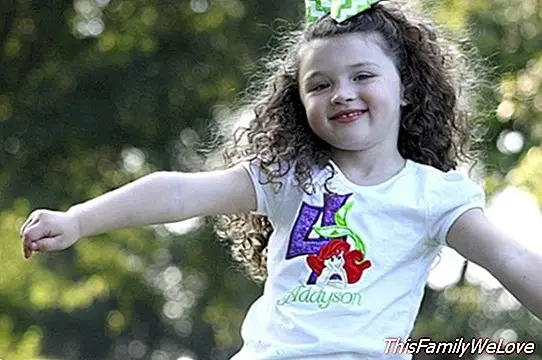Orofacial stimulation, how to improve pronunciation in children

Learning to speak is not only knowing the meaning of words and using them in the right situation. This process also means using correct pronunciation so that the interlocutors recognize the conversation and can follow it. How can you improve in this field? The Orofacial stimulation It is presented as a great help.
As indicated by the Speech Therapy Center of the Tower, orofacial motor skills is a professional discipline of speech therapy that is responsible for the prevention, evaluation and treatment of alterations in the gold-phonatory musculature. This branch focuses on the operation of the stomatognathic system, that is, the set of organs that makes it possible to speak, breathe, eat, chew, swallow, suck, breathe, kiss, etc.
Myofunctional therapy
From this professional center it is indicated that the Orofacial stimulation helps the little ones to improve their pronunciation and for those children who present malformations such as the following:
- In orthodontic treatments, basically in cases where there is a buccal breathing and in cases in which the position of the tongue must be corrected. Also when you have to correct the problems of speech or pronunciation.
- Disorders or pathologies of central or peripheral neurological origin. As in the case of cerebrovascular accidents (CVA) and traumatic brain injuries.
- In congenital disorders. As in the case of patients with cleft palate, cleft lip, etc. Myofunctional therapy should be done early, with the aim of improving the orofacial muscles that intervene in the processes of swallowing, speech, ie, dysglossia and voice. In cases where surgery is necessary, the treatment may be pre-surgical and postoperative.
- Acial and cranial malformations of acquired origin. As in the case of maxillofacial surgery of the head or neck or by accidents, which leave as a consequence alterations in the orofonatory musculature.
Orofacial exercises
These are some of the exercises that are recommended to improve pronunciation and should be repeated assiduous:
- Take out and put the tongue of the mouth at different rates.
- Language on the right, language on the left.
- Open mouth. Bring your tongue up and down.
- Closed mouth. Take language to one side and another.
- Pass the tongue through the lips.
- Pass the tongue inside the lips.
- Make the horse trot.
- Do tongue vibration exercises.
- Open and close the mouth without dislocating the tongue of the alveolar area.
- Bend the tongue up.
- Sweep the palate with the apex of the tongue.
- Inflate the cheeks and deflate.
- Smile without opening your mouth.
- Smile with your mouth open.
- Smile by emitting the vowels "i", "a".
- Hold a pen, pencil or straw with the upper lip.
- Throw kisses.
- Project the lips to the right and left.
- With the projected lips open and close.
- Make the lips vibrate.
- Open and close the mouth as if yawning.
- The upper lip hides the lower one.
Damián Montero




